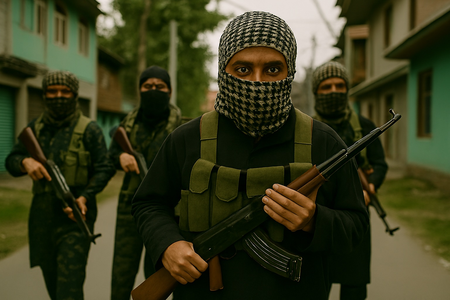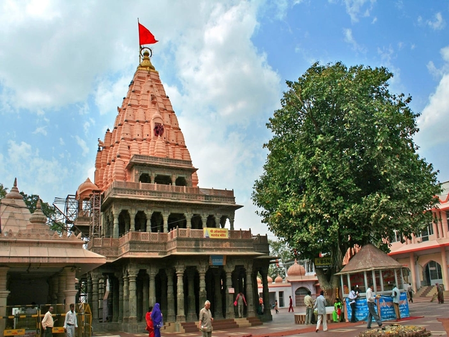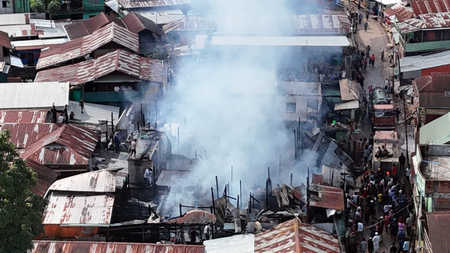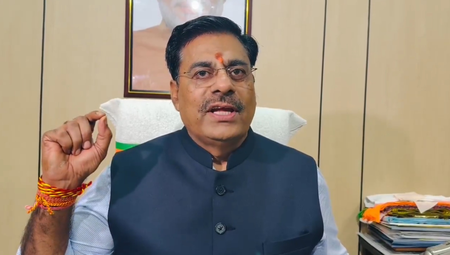
New Delhi, Aug 22 (IANS) The raids by the National Investigation Agency (NIA) in connection with the 2019 Ramalingam murder paint a grim image in terms of the existence of the Popular Front of India (PFI).
During the search carried out in nine locations, the NIA arrested Imthathullah, proprietor of Ambur Biryani Hotels, Kodaikanal, for “knowingly and voluntarily harbouring” absconding proclaimed offenders in his hotel outlets since 2021.
The PFI had been banned by the Ministry of Home Affairs in 2022 under the Unlawful Activities (Prevention) Act (UAPA).
The recent raids suggest that despite the outfit being banned, it still has many of its operatives on the ground. The PFI had built an extensive network, and many are still out in the open. According to the Intelligence agencies, all these persons have been told to lie low for some years before they could revive.
According to the agencies, the PFI is likely to try and make a comeback with a new name. However, it is unlikely to start operations immediately. Instead, it is likely to indulge in a social media campaign and try and ignite tensions.
The PFI had seen the ban coming and had even set up various foreign modules. They had plans of activating them, but that plan too has been put on hold at the moment. These modules abroad are based in the Gulf nations and Singapore.
Investigations have suggested these modules operate nearly 29 bank accounts in which the donations are parked. It has also been found that a large part of their funding has come from donors in Oman, Qatar, Saudi Arabia, the United Arab Emirates (UAE) and Kuwait.
With the foreign modules being active and several of their operatives still out in the open, the agencies have found the need to keep a 24/7 surveillance on the activities of the outfit. A close watch is being particularly kept on its modules abroad, as they are the ones who have been tasked with launching social media campaigns with the intention of causing communal tensions.
The PFI is known to carry out such acts, and the violence that broke out following the announcement of the Citizenship Amendment Act (CAA) in Delhi is an example of this. The PFI was also responsible for inciting the Hathras unrest.
The PFI would continue to indulge in such activities, like the way the Islamic State does. At first, it was believed that it would follow the Students Islamic Movement of India (SIMI) model, which, after the ban, went on to be reborn as the Indian Mujahideen. However, with the kind of inputs that are coming in, it is likely that the PFI is likely to follow the Islamic State model.
The Islamic State also runs its network online and incites violence. Such campaigns have also led to the recruitment of lone wolves who have carried out brutal attacks in many parts of the world.
Moreover, the Islamic State and PFI complement each other very well. One may recall that several persons, including families and women, had left Kerala to join the Islamic State in Afghanistan. The probe learnt it was the PFI that had recruited for the Islamic State.
On September 28 2022, the Popular Front of India (PFI) and its affiliates were banned by the MHA. The order said that these outfits were found to be involved in serious offences, including terrorism and its financing, targeted gruesome killings, disregarding the constitutional set-up of the country and disturbing public order, which are prejudicial to the integrity, security and sovereignty of the country.
Along with the PFI, the government of India also banned the Rehab India Foundation (RIF), Campus Front of India (CFI), All India Imams Council (AIIC), National Confederation of Human Rights Organisations (NCHRO), National Women’s Front, Junior Front, Empower India Foundation and Rehab Foundation, Kerala.
–IANS
vicky/dan




